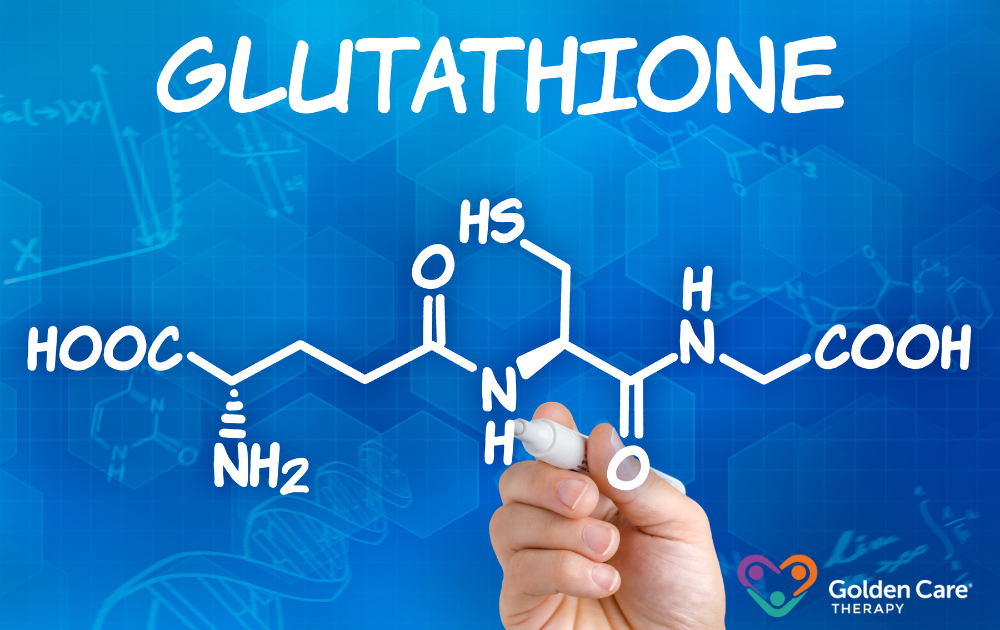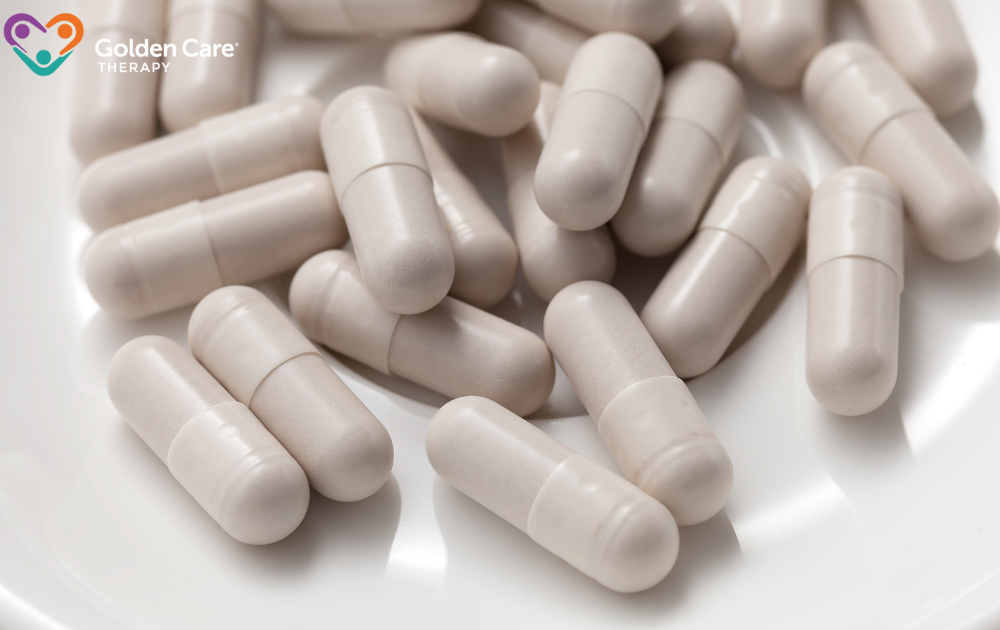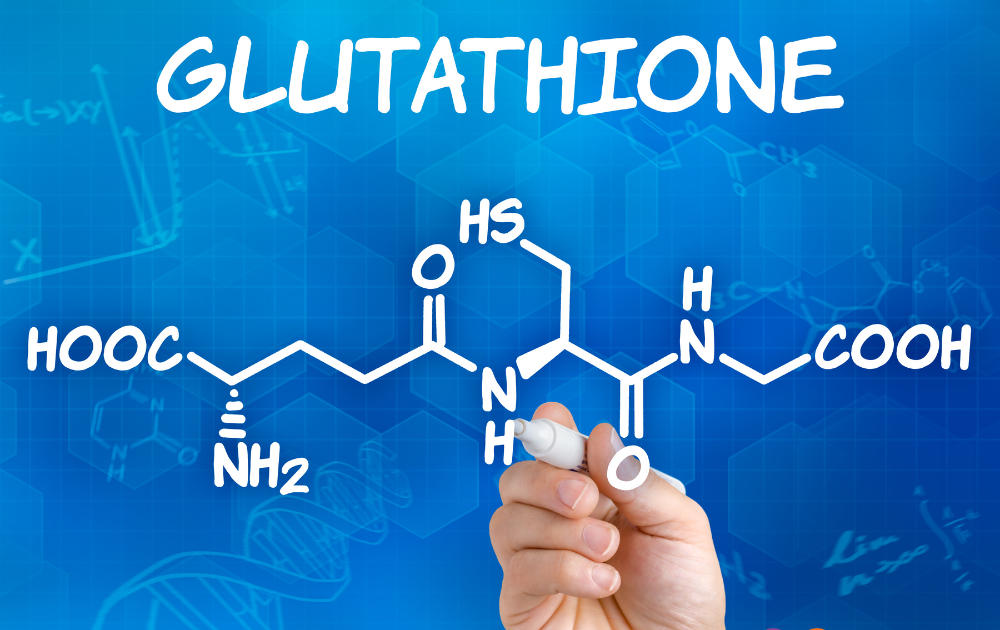Glutathione, which is often called the body’s superhero, is a powerful antioxidant that plays a vital role in keeping our cells healthy. It helps fight off free radicals, supports the immune system, and detoxifies harmful substances.
Recently, scientists have started exploring how this remarkable compound might connect to autism. While the link is still being investigated, intriguing findings suggest that glutathione levels could impact the well-being of individuals on the autism spectrum. Understanding this connection might open new doors to improving health and quality of life for many.
With that in mind, let’s dive into the fascinating relationship between glutathione and autism and what it could mean for those affected.
Role of Glutathione in the Body

Glutathione is a vital antioxidant produced in the body, and it plays a key role in combating oxidative stress and maintaining cellular health. It is known for its ability to neutralize harmful free radicals, protect cells from damage, and support the immune system.
It is also involved in detoxification processes by aiding in the removal of toxins and metabolic byproducts from the body.
That said, exploration into autism revealed a significant association between glutathione deficiency and autism.
Studies have shown that autistic children exhibit lower levels of plasma-reduced glutathione, with levels generally 20–40% lower compared to typically developing children. This deficiency is particularly concerning as glutathione is vital for various physiological processes, including cellular protection and detoxification.
Moreover, glutathione is synthesized in the transsulfuration pathway, where sulfur availability is crucial. Individuals with autism not only demonstrate decreased glutathione levels but also show deficiencies in other transsulfuration metabolites such as taurine, sulfate, and cysteine.
Addressing and improving these deficiencies could potentially offer therapeutic benefits for autistic children and pave the way for targeted interventions.
Effectiveness of Glutathione Supplementation

As we explore the effectiveness of glutathione supplementation in individuals with autism, we also have to consider the methods of administration and the impact on glutathione levels in children with autism.
While oral doses of glutathione are commonly used for supplementation, it is important to note that oral intake may not significantly raise blood or tissue levels of glutathione. The delicate structure of glutathione makes it challenging to survive the gastrointestinal tract intact. Therefore, for glutathione to be effective in the long term, the body’s cells need to generate their own intracellular glutathione.
On the other hand, intravenous administration of glutathione allows for direct delivery into the bloodstream, bypassing the digestive system. This method may lead to more immediate and potent effects on increasing glutathione levels in the body.
However, it is essential to consult a healthcare provider before considering intravenous glutathione supplementation, especially for autistic children.
Glutathione Levels in Children with Autism
Clinical trials focusing on glutathione supplementation in autistic children have provided valuable insights into its impact on glutathione levels.
An eight-week open-label trial involving children aged 3–13 years with autism revealed that oral lipoceutical glutathione supplementation resulted in significant increases in plasma-reduced glutathione levels. However, whole-blood glutathione levels did not show significant changes.
Both oral and transdermal glutathione treatments demonstrated substantial increases in plasma sulfate, cysteine, and taurine levels. In a separate study involving autistic children, transdermal glutathione led to a slight non-significant increase in plasma glutathione levels by 11%.
Autistic individuals often exhibit reduced concentrations of reduced glutathione due to the oxidation of glutathione into glutathione disulfide. This conversion can trigger proteotoxic stress and abnormalities in enzymes containing sulfhydryl groups, highlighting the significance of maintaining optimal glutathione levels for overall health and neurological function.
Future Implications and Research
As the study of glutathione in relation to autism continues to evolve, there are ongoing efforts to explore potential interventions and research avenues for improving outcomes in individuals with autism.
That said, there are two critical areas of future implications and research regarding glutathione and autism. Let’s look at each of them.
Restoring Trans-sulfuration Metabolism
The trans-sulfuration pathway plays a crucial role in the production of glutathione, a key antioxidant in the body.
Autistic children often exhibit lower levels of important transsulfuration metabolites, including taurine, sulfate, and cysteine. Enhancing the levels of glutathione and other metabolites in the trans-sulfuration pathway could have potential benefits for children with autism.
Studies have indicated that alterations in glutathione metabolism, particularly its effects on redox-independent mechanisms, are intricately linked to the pathophysiology of autism.
Recent research has highlighted the involvement of glutathione in various psychiatric and neurodegenerative disorders, underscoring its significance in neurological conditions and injuries.
Redox Signaling in Individuals with Autism

An imbalance in the glutathione redox system is a key feature in the development of autism. Emerging data suggest that disruptions in the glutathione redox system play a crucial role in the pathophysiology of autism.
In autistic individuals, dysregulation of glutathione-related regulation of glutamate receptors, such as the N-methyl-D-aspartate receptor, can contribute to glutamate excitotoxicity and neuronal dysfunction. Imbalances in the interactions between glutamate and glutathione may lead to impaired redox signaling and neuronal abnormalities.
Furthermore, autistic individuals often exhibit disturbances in redox signaling, with reduced levels of reduced glutathione and an increase in oxidized glutathione disulfide.
This imbalance can lead to proteotoxic stress and abnormalities in enzymes containing sulfur in the brain and blood of individuals with autism.
Efforts to restore normal trans-sulfuration metabolism in autistic individuals have shown varying degrees of success. By continuing to explore the intricate connections between glutathione, redox signaling, and autism, researchers aim to develop targeted interventions and treatments that address the underlying mechanisms of autism and improve the quality of life for individuals affected by this condition.
Final Thoughts
The link between glutathione and autism offers a fascinating glimpse into how our bodies function and how we can support them.
Glutathione plays a crucial role in protecting our cells and helping our immune systems stay strong. Understanding its connection to autism opens doors for new research and potential therapies that could improve the lives of many.
As we continue to explore this relationship, we may discover even more ways to promote health and well-being for individuals on the autism spectrum. This journey is enhanced by the availability of tailored support, such as ABA programs in NJ, Indiana, Georgia, and New York. If you’re seeking guidance or assistance in finding the right programs for your loved ones, don’t hesitate to reach out to Golden Care Therapy. Our team is here to help you navigate these options and provide the support your family needs. So don’t hesitate to contact us today so we can help with your needs.
Sources:
https://www.ncbi.nlm.nih.gov/pmc/articles/PMC3628138
https://www.sciencedirect.com/science/article/abs/pii/S1043661821000207
https://www.massgeneral.org/children/autism/lurie-center/gluathione



